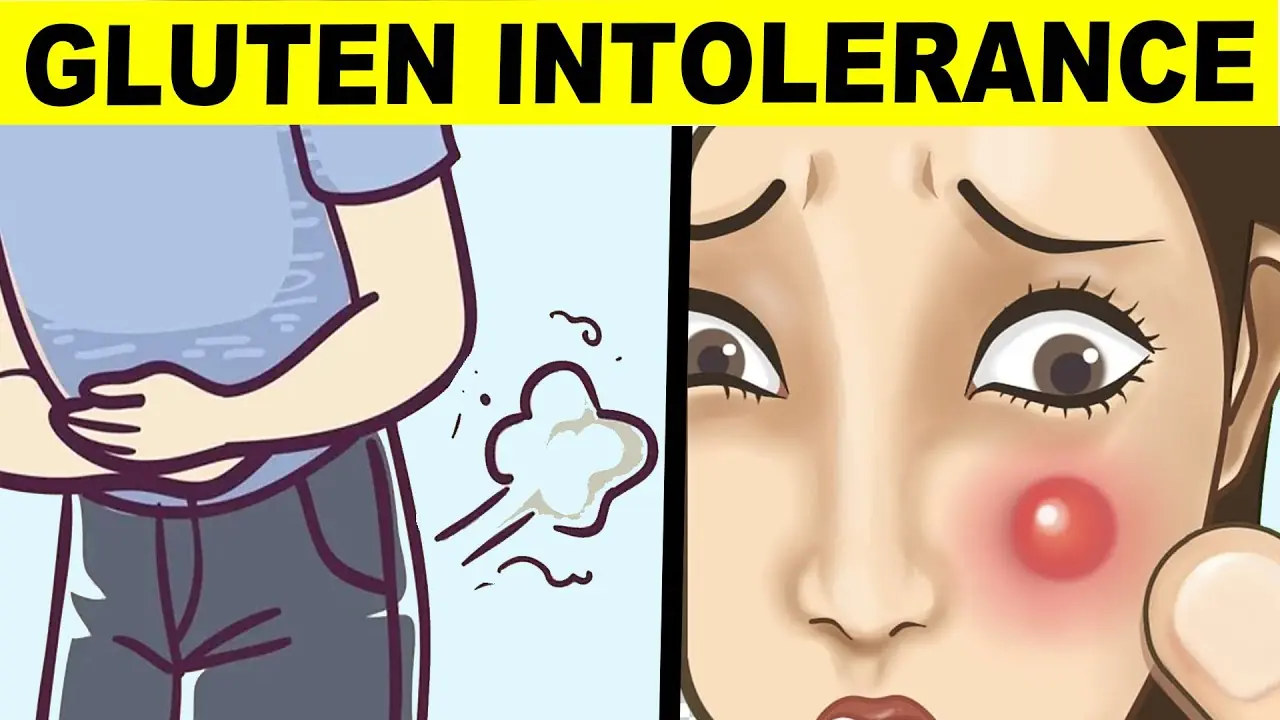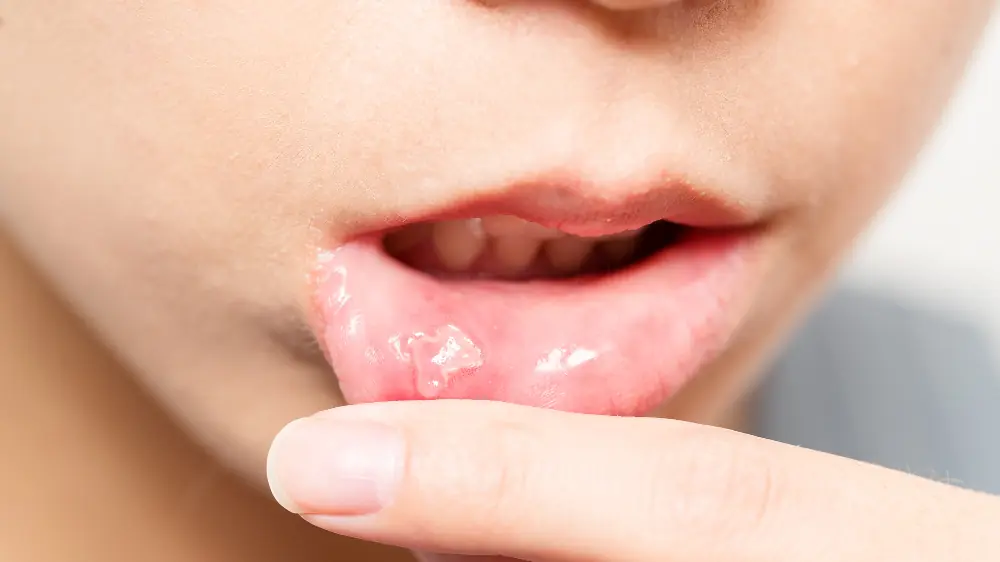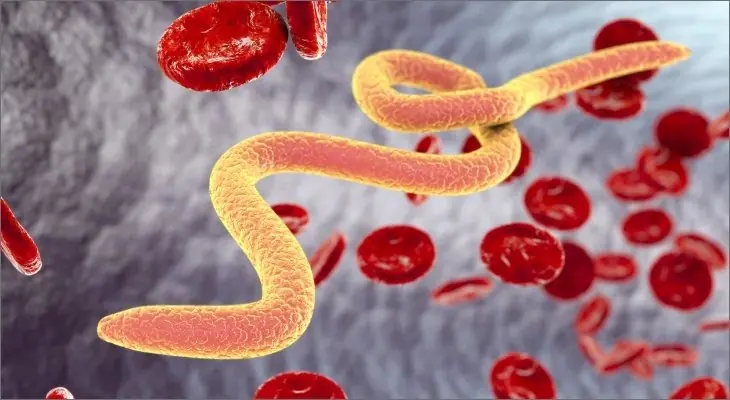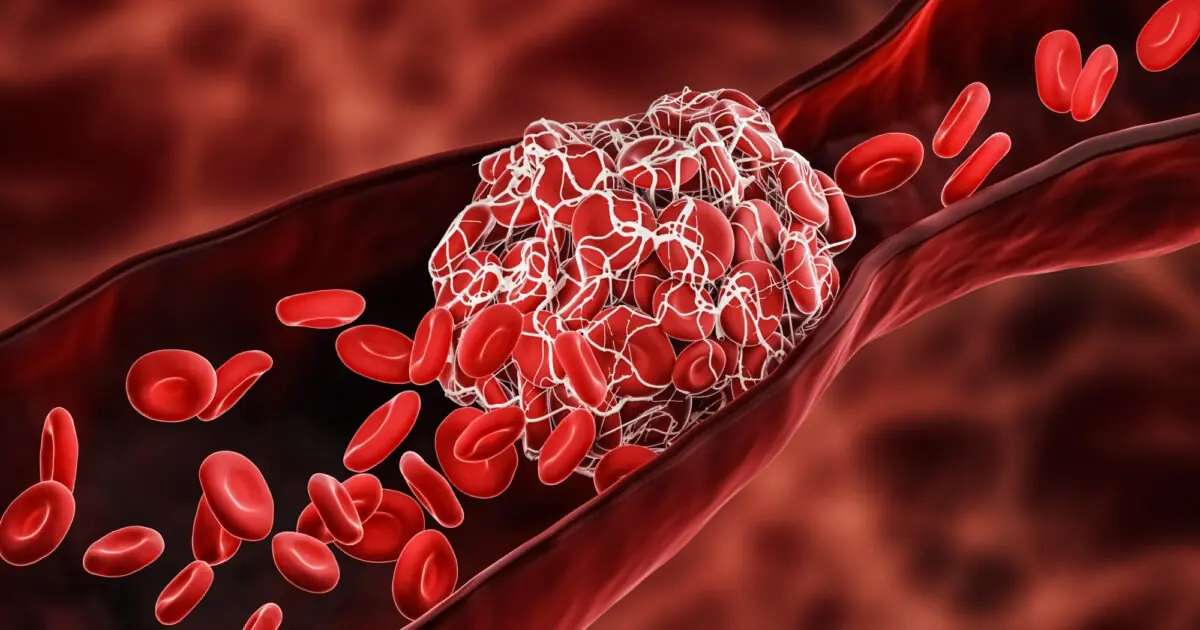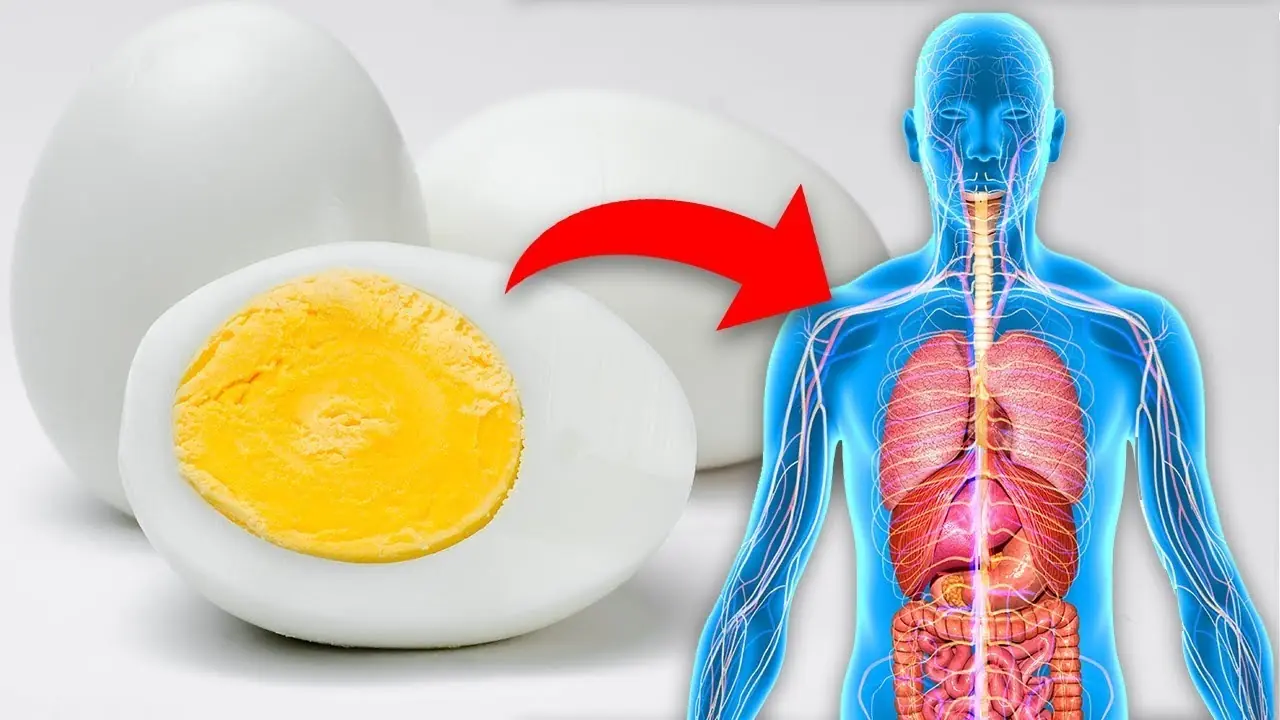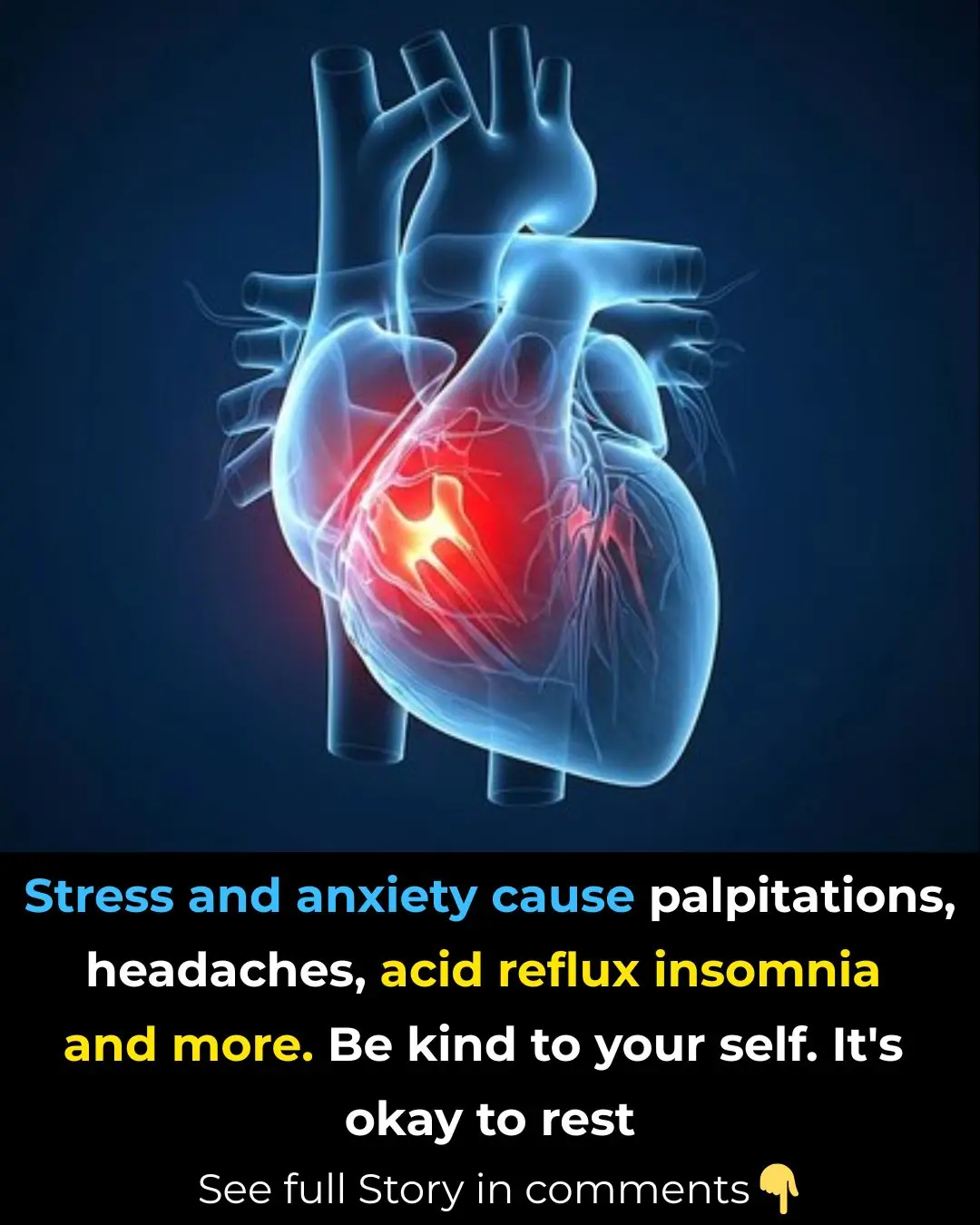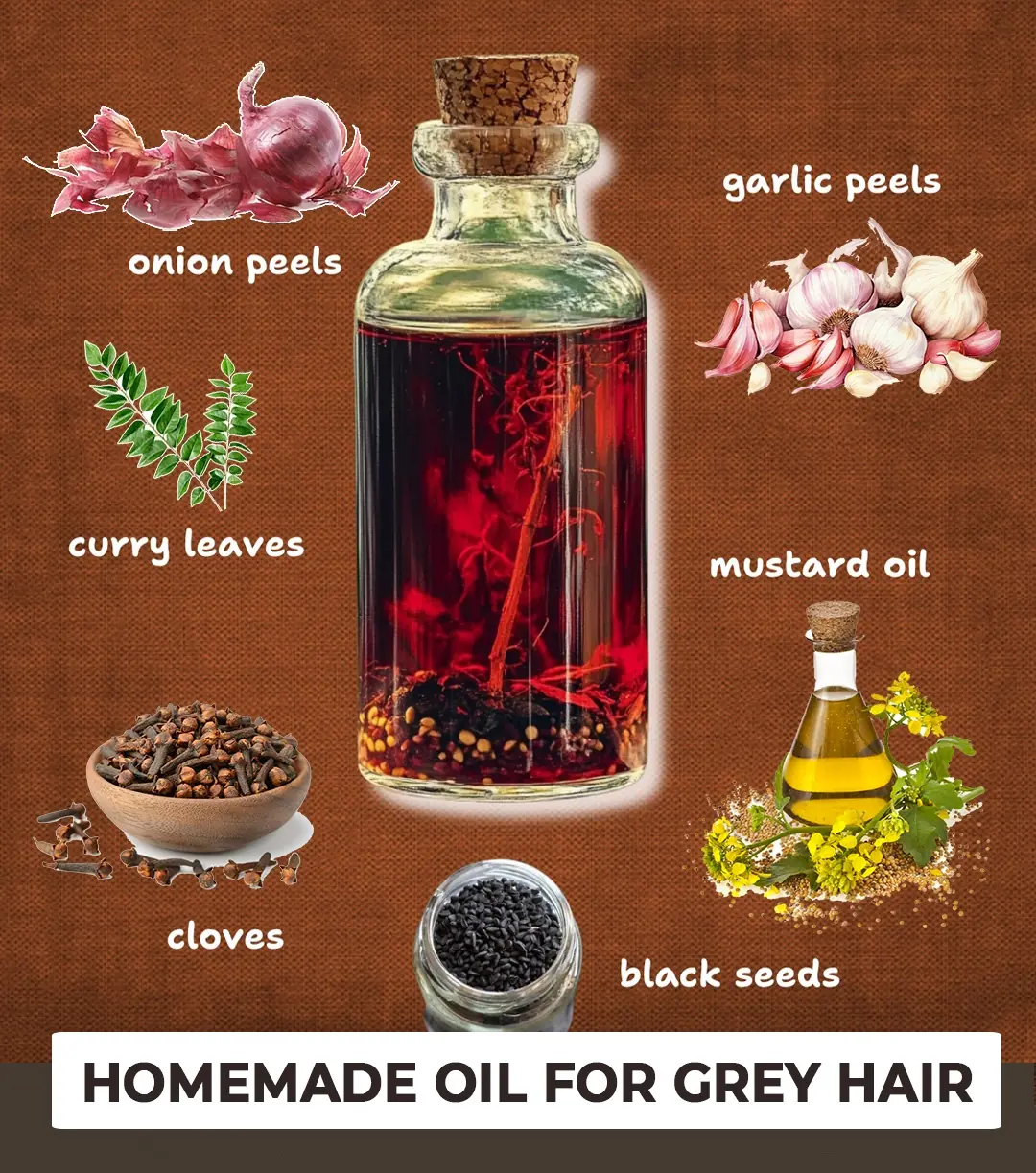Hormones and Their Impact on Health
Hormones are chemical messengers in the body that signal cells on what to do and when. They are produced by the body's glands during regular bodily functions and are triggered by both internal and external influences. However, in our modern world, where toxins from various sources like chemicals, pollution, and stress are everywhere, hormone production can get disrupted. This disruption can damage the endocrine system and result in various health issues.
5 Key Hormones
Among the many hormones in the body, five have particularly significant roles in our overall health.
-
Cortisol
Known as the stress hormone, cortisol is essential for helping us respond to stress and providing bursts of energy. However, excessive cortisol can lead to increased blood sugar levels, causing weight gain, chronic fatigue, and even fatty liver disease. On the other hand, insufficient cortisol can leave us feeling tired, weak, and prone to illnesses due to a weakened immune system. -
Dihydrotestosterone (DHT)
DHT is an androgen, a male sex hormone. While both men and women have DHT, men have much higher levels. This hormone influences male characteristics, such as body hair and male-pattern baldness. In men, excessive DHT can lead to issues like acne, enlarged prostate, and gynecomastia (enlarged breasts). Women can also be affected by high DHT levels, leading to male-pattern hair loss. -
Estrogen
Estrogen is primarily a female hormone but is present in both men and women. It regulates female physical growth, menstrual cycles, and cholesterol. Estrogen is vital for bone health and organ function and even impacts the brain. Many environmental chemicals act as xenoestrogens (synthetic estrogens), which can disrupt natural estrogen levels in both men and women, leading to issues such as cancers, low libido, poor sleep, reproductive damage, and obesity. -
Insulin
Insulin is produced by the pancreas and is responsible for regulating blood sugar. Consuming excessive sugar causes insulin resistance in cells, leading to diabetes. Insulin imbalance also affects the regulation of other hormones in the body. -
Thyroid Hormone
Thyroid hormones play a pivotal role in regulating metabolism, growth, and the overall functioning of other hormones. Hypothyroidism (low thyroid activity) can lead to weight gain, hair loss, fatigue, and other issues, while hyperthyroidism (high thyroid activity) can cause goiter, excessive sweating, irregular heartbeat, and anxiety.
Stinging Nettle for Hormonal Imbalance
Although some hormonal imbalances are genetic, maintaining a balanced lifestyle with adequate sleep, healthy food, and regular exercise can help restore hormonal equilibrium.
Stinging nettle has shown effectiveness in moderating hormones, particularly those related to sex hormones.
Benefits of Stinging Nettle:
-
Anemia
-
Cough relief
-
Natural diuretic
-
Eczema treatment
-
Enlarged prostate relief
-
Hair growth stimulation
-
Blood sugar regulation
-
Blood pressure support
-
Muscle and joint pain relief
-
Arthritis support
-
Pregnancy and breastfeeding aid
-
Seasonal allergies relief
-
Urinary tract infections support
How Stinging Nettle Works
Stinging nettle prevents excess hormones, particularly sex hormones, from attaching to proteins, inhibiting their distribution throughout the body. It helps stop the formation of dihydrotestosterone (DHT) from testosterone, which is responsible for male-pattern baldness. Drinking nettle tea may help stop hair loss and potentially stimulate new growth.
Nettle also moderates cortisol levels, which are produced by the adrenal glands. Additionally, it is a natural antihistamine, making it effective for allergy and respiratory conditions.
Nutritional Value: Stinging nettle is packed with essential nutrients, including calcium, iron, magnesium, potassium, zinc, and vitamins A, B complex, and K. As a potent detoxifier, it also has anti-inflammatory properties that support immune function.
A study conducted at Virginia State University concluded that stinging nettle is an excellent source of vitamin A (including β-carotene), calcium, iron, and protein, making it beneficial in vegetarian, diabetic, or other specialized diets.
Hormone-Balancing Remedy with Stinging Nettle
Note: If you are pregnant, use only nettle leaves and avoid the root, as it can stimulate uterine contractions. Also, limit consumption, as nettle affects hormones. It is especially useful for breastfeeding mothers as it stimulates lactation.
Ingredients:
-
1 quart of water
-
½ cup of dry stinging nettle leaves (fresh is best)
Instructions:
-
Boil the water.
-
Place the nettle leaves in a glass jar or bottle. Pour the boiling water over the leaves, seal the jar tightly, and allow it to steep for 4-10 hours at room temperature.
-
Drink the tea throughout the day. It can be enjoyed hot, cold, or at room temperature. You may add a little honey or coconut milk for sweetness or a richer flavor.
-
You can make several days’ worth of tea and store it in the refrigerator for up to three days.
By using stinging nettle, you can support your hormonal balance, detoxify your body, and improve your overall well-being.



